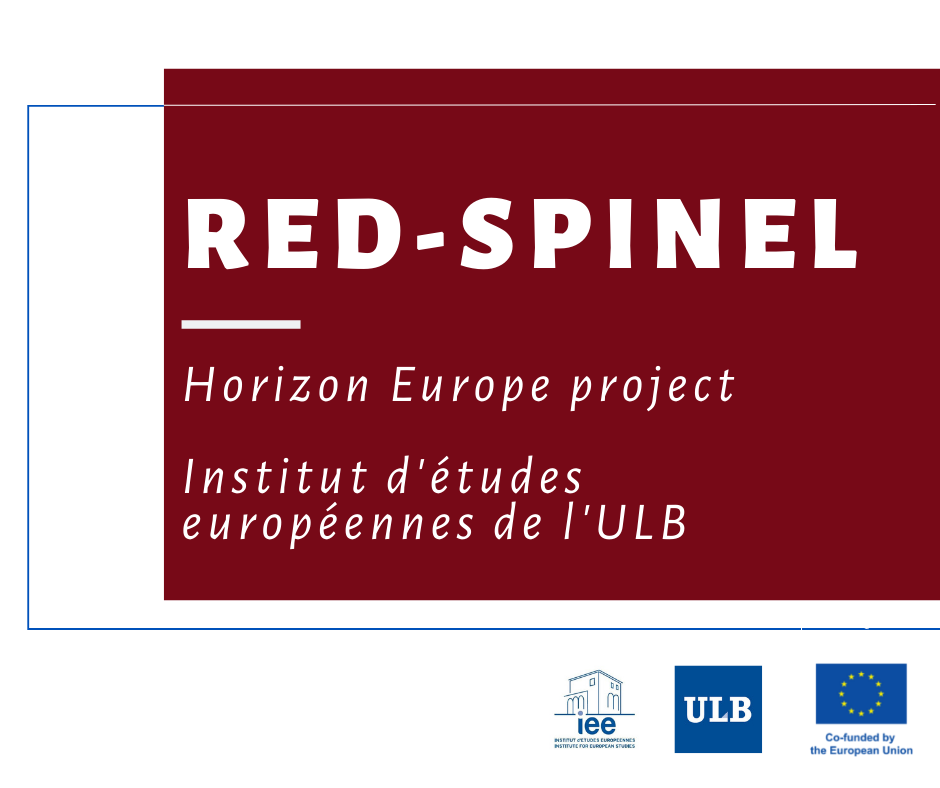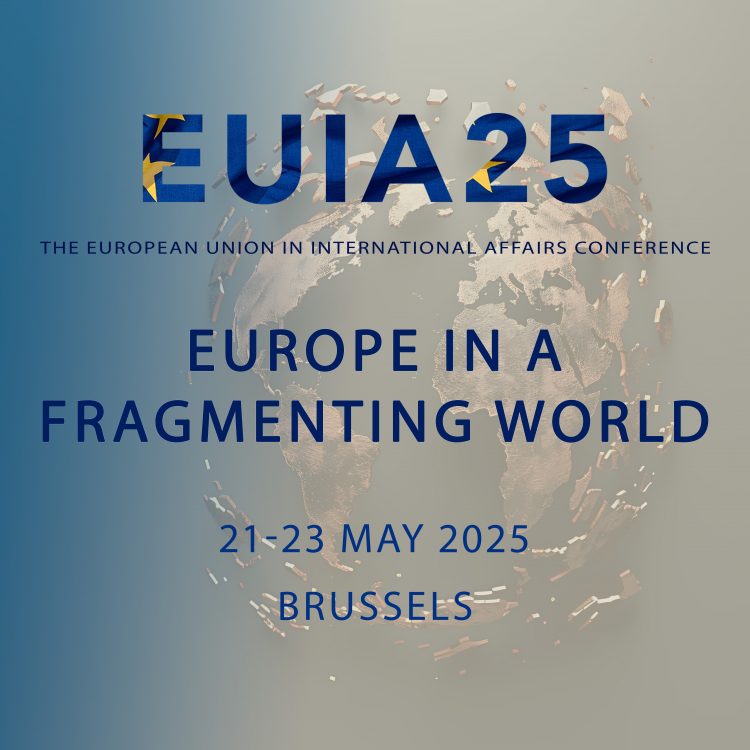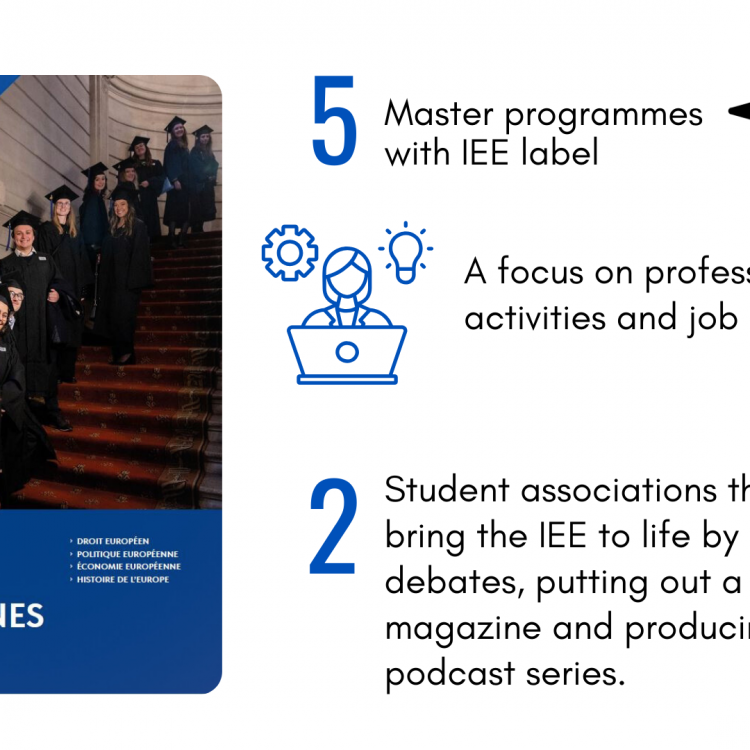The Institut d’études européennes is pleased to announce its project Responding to Emerging Dissensus: Supranational Instruments & Norms of European Liberal Democracy (RED-SPINEL) has been selected, in a very competitive call, to be funded by the Horizon Europe Programme of the European Commission (Horizon Europe 2021, topic DEM – 01 – The future of European democracy in Europe)

Professor Ramona Coman, political scientist, and President of the Institut d’études européennes is RED-SPINEL’s scientific lead. Her research focuses on the challenges of EU integration through the frame of the rule of law.
RED-SPINEL is a 36-month long, 3.2 million euro, interdisciplinary, international and intersectoral project involving seven higher education institutions: Université libre de Bruxelles, Libera Università Internazionale degli Studi Sociali Guido Carli, Universiteit van Amsterdam, Universitatea Babeș-Bolyai, HEC Paris, Uniwersytet Mikołaja Kopernika w Toruniu and the University of Warwick. They are joined in the consortium by four non-academic partners: Peace Action, Training and Research Institute in Romania, Milieu Consulting, Magyar Helsinki Bizottság / Hungarian Helsinki Committee and Stichting Nederlands Instituut voor Internationale Betrekkingen Clingendael across eight European countries.
The project obtained an outstanding 14/15 evaluation score and was praised for its ambitious theoretical and innovative aims as well as for the quality of the consortium membership and the research agenda that it establishes.
RED-SPINEL, submitted in the call HORIZON-CL2-2021-DEMOCRACY-01-01, is the second project obtained this year by the IEE-ULB, recently selected as Jean Monnet Centre of Excellence, with the project EUqualis.
Unpacking dissensus around liberal democracy
RED-SPINEL analyses the changing nature of dissensus surrounding liberal democracy and its implications for EU supranational policy instruments. It will unpack the inter-connected drivers of contemporary dissensus surrounding liberal democracy.
Its concept-building effort centred on the notion of ‘dissensus’ will explore how contemporary dissensus surrounding liberal democracy differs from previous debates and which more fundamental questions it raises about future democratic practices and the rule of law.
RED-SPINEL will provide a typology of said dissensus, map the principal actors of the dissensus in Europe and unpack its two underlying drivers – i.e., heightened internal contestation over liberal democracy and external competition from alternative illiberal models.
Empirically, RED-SPINEL will focus on the key policy instruments and legal mechanisms shaping the EU’s efforts in support of democracy and the rule of law. The studied instruments include the EU rule of law toolbox, the neighbourhood and accession instruments, the European semester, fundamental rights and judicial instruments, as well as citizen participation platforms.
Furthermore, through a series of stakeholder events, RED-SPINEL will flesh out the implications of its findings for public policy stakeholders (i.e. legal professionals, policymakers, European youth) as well as EU instruments aimed at responding to said dissensus.
The project will develop a range of scientifically informed policy recommendations and capacity-building efforts able to foster innovative democratic practices able to respond to the present-day dissensus.
“RED-SPINEL’s ambition is to shed new light on the current critique of liberal democracy by putting the concept of dissensus at the centre of its research agenda. Its findings will explicitly set out the implications of this dissensus for the EU and its Member States. I am thrilled that the project is among the few selected for this very competitive call and I look forward to working together with our partners for the next 36 months. They all contributed in different ways to this wonderful success” Professor Ramona Coman.
RED-SPINEL will unpack the interconnected internal (within the EU and its Member States) and external (beyond the EU) drivers of the growing dissensus surrounding liberal democracy, through a series of work packages that include:
- Conceptualising changes to EU policy instruments in the face of mounting dissensus
- EU instruments defending the rule of law within the EU
- EU instruments and the autocratisation challenge in a dissensus-stricken neighbourhood
- The protection of fundamental rights within the EU through expert knowledge, citizen participation and judicial instruments
- EU economic governance instruments and the rule of law
- Capacity-building promoting democratic deliberation and problem-solving
- Impact and communication strategy deescalating dissensus and innovating democratic practices
The project is set to start at the beginning of the next academic year 2022-2023.




